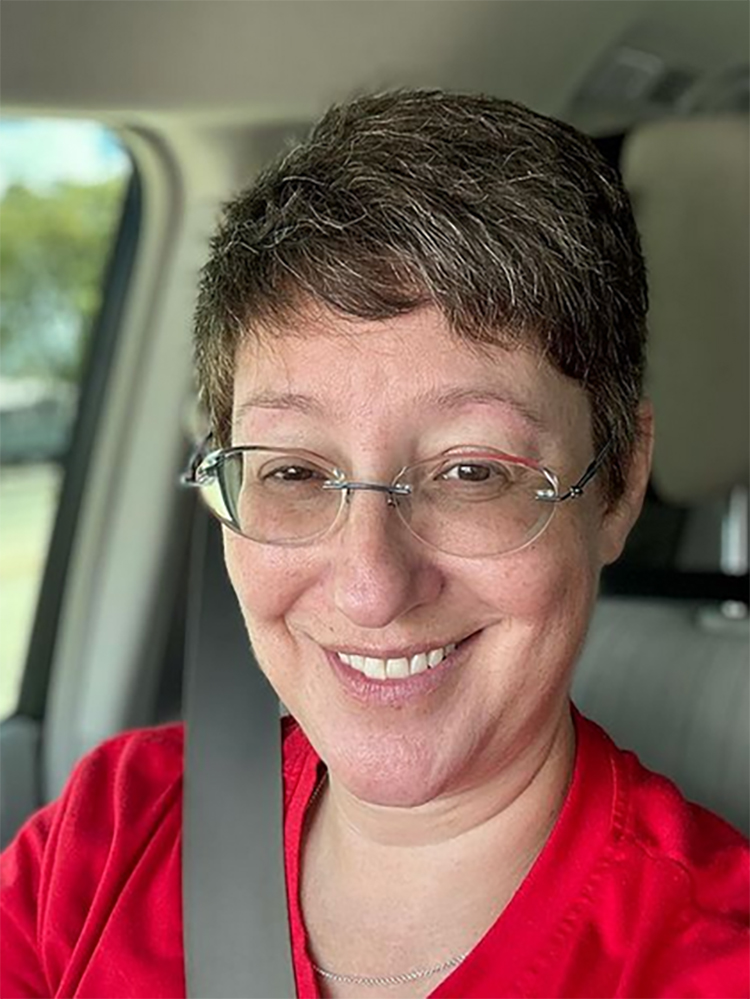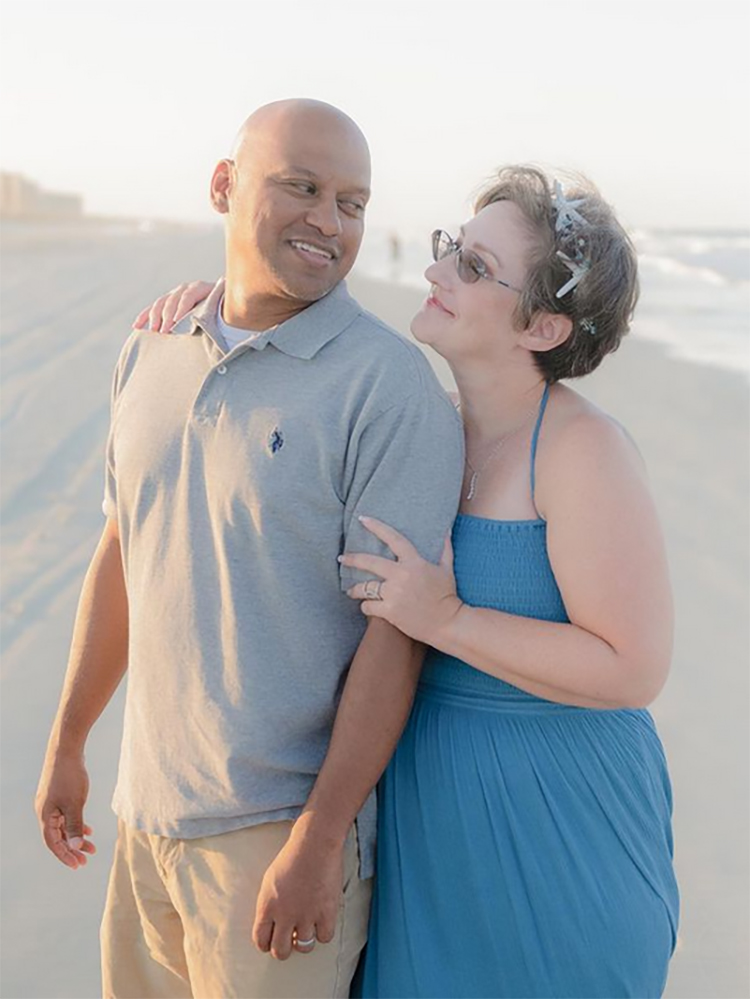
Challenges & Choices is an ongoing series where we tackle the most difficult questions in cancer care. From finances to end-of-life care, we will explore how you can be prepared with practical information, ways to find emotional support, and stories from people who have been there.
WHILE THERE ARE MANY DIFFICULT ASPECTS of living with stage IV cancer, one of the most difficult is making good decisions quickly with little medical background and often little information. Since my stage IV metastatic breast cancer (MBC) diagnosis—found de novo, meaning I never had early-stage breast cancer, in 2017—at the age of 38, I’ve had to make countless decisions. These range from choosing doctors, treatments and complementary care to deciding how much I will share with others and how to manage side effects. As I’ve walked through these decisions and face many more in the future, I’ve found a few things that seem to help.

Abigail Johnston
First, I immerse myself in cancer research as much as possible. I don’t wait until progression occurs or looks like it might occur to learn more about treatment options. While living my life in and around my MBC diagnosis isn’t always easy, for me, understanding as much as possible is the best antidote to anxiety and “scanxiety.” If this seems daunting (because it is), consider aligning yourself and otherwise connecting with those patient advocates, clinicians, researchers and other really smart people who are already doing this.
Second, I keep a running list of medications that I learn about, with notes about how people around me manage that medication. As I hear and read people’s stories or join online patient support groups that focus on various medications, I keep up my running list so that I can easily pull options together when I need them. Over the years, I’ve learned that sometimes older medications that health care workers know how to manage can be a better choice than the shiny new medicine that everyone is learning about as they go. Sometimes patients don’t have much of a choice, but the more we know, the better we can evaluate the cost (financially and otherwise) of medication.
Third, get multiple opinions. I talk to people all the time who worry about how their medical oncologist will feel if they get a second opinion. Here’s the thing: Doctors provide opinions, also known as educated guesses. Some are better at providing opinions than others, but every single suggestion is just that, their opinion. I have traveled to various places to get second opinions, and it can be difficult to manage getting the information to each medical team. At the same time, I believe that having more smart people thinking about my care, my decisions and my life is better for me. Ask your doctor and those around you for referrals to a medical oncologist specializing in your cancer subtype and your specifics who practices at a National Cancer Institute-designated cancer center. Do this before cancer progression, before crisis mode, while life is relatively calm.

Photo courtesy of Abigail Johnston
Fourth, join and participate in MBC cancer patient advocacy organizations. Even if all you do is read the newsletter or lurk in support groups, getting and keeping connections to other patients is helpful in a variety of ways. I’ve learned the best side-effect management ideas from other patients. I’ve gotten insight into coping mechanisms and managing the lived experience. And there is nothing more powerful than hearing from another human being: I get it, I’ve been there. The power of shared experiences cannot be overstated.
Fifth and finally, don’t leave quality of life considerations for last. Yes, I put it last on the list to make a point. No one else lives inside our bodies. No one else knows what we must carry at home, at work, at school. Every medication has its own challenges and I’ve found my palliative team to be extremely helpful in reminding me to consider quality of life and helping me manage side effects.
Making treatment decisions while living with a life-threatening diagnosis isn’t easy. Doing so in community with others who understand is key. After all, we are stronger together.
Are there challenging issues you’d like us to investigate? Would you like to share your story about difficult choices or challenges you’ve faced? Email us at editorial@cancertodaymag.org with “Challenges & Choices” in the subject line.
Cancer Today magazine is free to cancer patients, survivors and caregivers who live in the U.S. Subscribe here to receive four issues per year.





